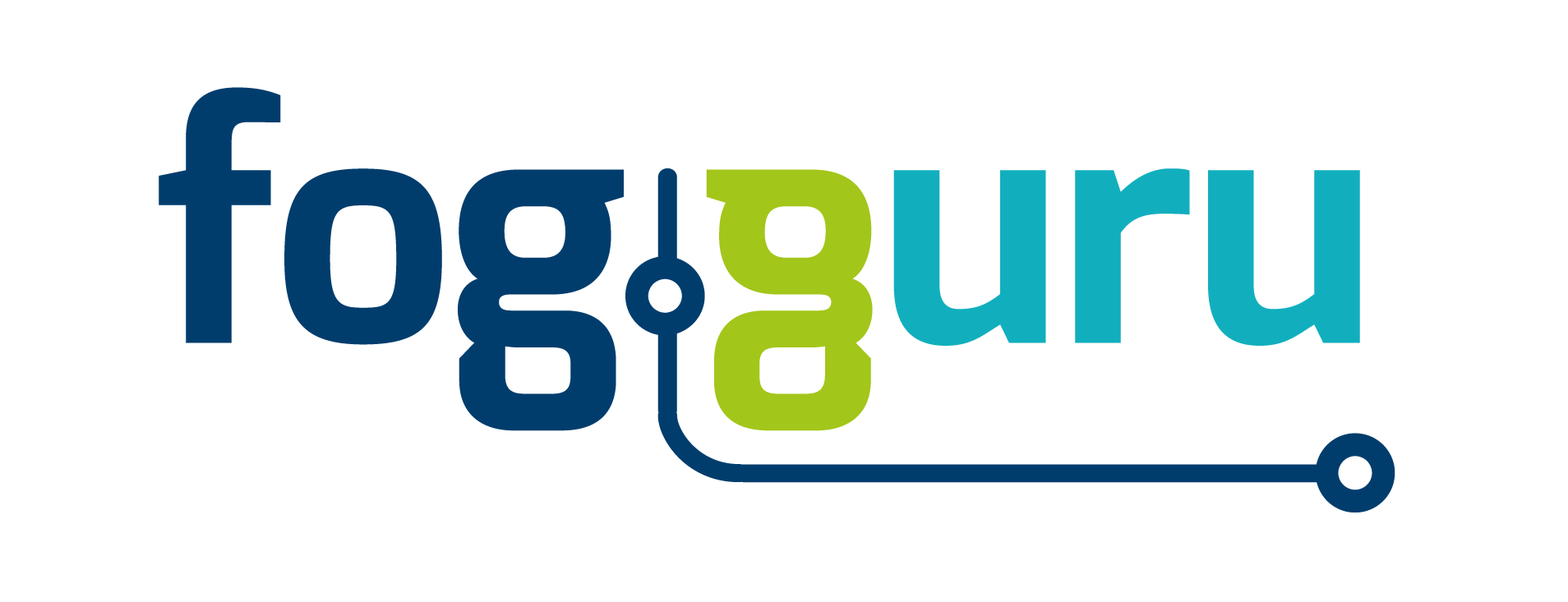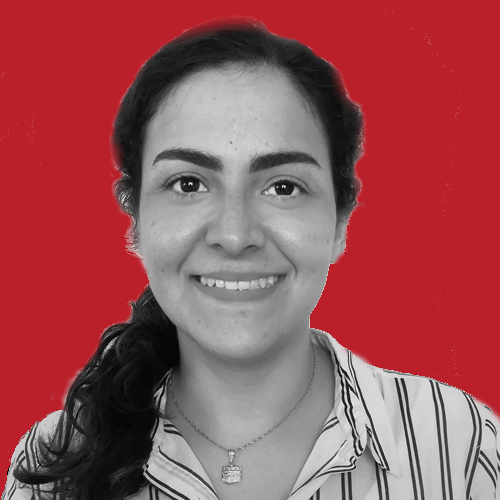CHALLENGES. Mozhdeh had a permanent project manager position in a reputable company in Iran. Everything was good, but she did not feel satisfied. She wanted to be involved in more challenging tasks and to experience working in an international context. She decided to start a PhD in another country.
“The exciting part about FogGuru is its mixture between academia and industry. The FogGuru students have the chance to learn how things are done in a European company, which might be different from their past experiences. As IRISA is a reputable research laboratory in Europe and U-Hopper a high-technology company and has joint projects with both industry and universities, it is a great opportunity to learn more about both sectors.”
What is important for Mozhdeh as a PhD student, is to identify real world challenges. U-Hopper works on IoT and big data analytics, so it is a great opportunity to have a realistic understanding about the current situation of IoT and big data and find problems to solve in this area.
REAL-LIFE APPLICATIONS. Mozhdeh’s PhD thesis is about Blockchain and its relation to Fog computing. The objective is to provide a blueprint for innovative real-time IoT enabled services and applications running on top of fog computing infrastructure and validate this blueprint through the design and development of a service using it. The target is to enable smart city applications, allowing citizens to easily access IoT-based knowledge in real-time. For example, answering questions such as “Is there traffic in the city center?”, “Will I find a parking spot?”, “What is the current level of CO2?”. The service will collect data from locally-connected IoT devices, process them on edge nodes (using the data pipeline technology developed by other PhD students of the FogGuru project) in order to extract useful analytics to be exposed using Web service technology.
Thanks to the locality of data processing and analytics computation, the service shall be able to meet requirements on security and privacy of the data managed. The service will also feature a chatbot-like interface, which will allow users to interact with the service in a human-friendly way. The focus will be on integration with the VLCi platform deployed in Valencia, which makes extensive use of FI-WARE generic enablers.
ENJOYMENT. It is not easy for Mozhdeh to tell what she will do after obtaining her PhD. During the FogGuru project, she will experience living in three different European countries, different working contexts. That will certainly affect her decision about her future career. But what Mozhdeh knows for sure is that she wants to work on something useful and to enjoy her job.



